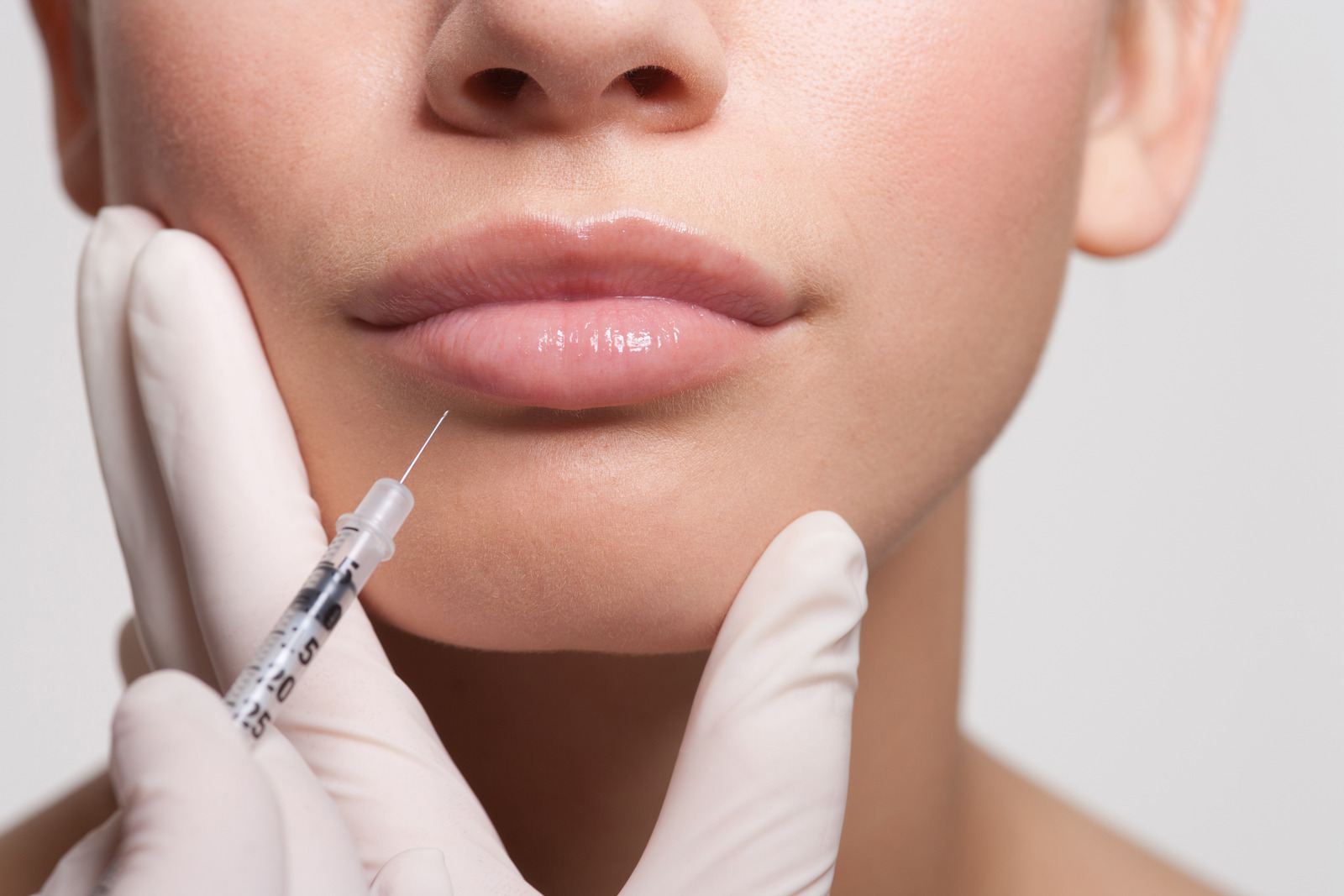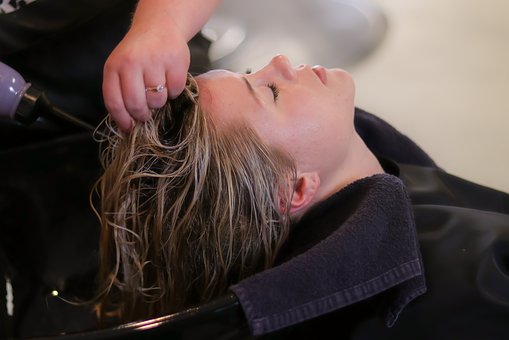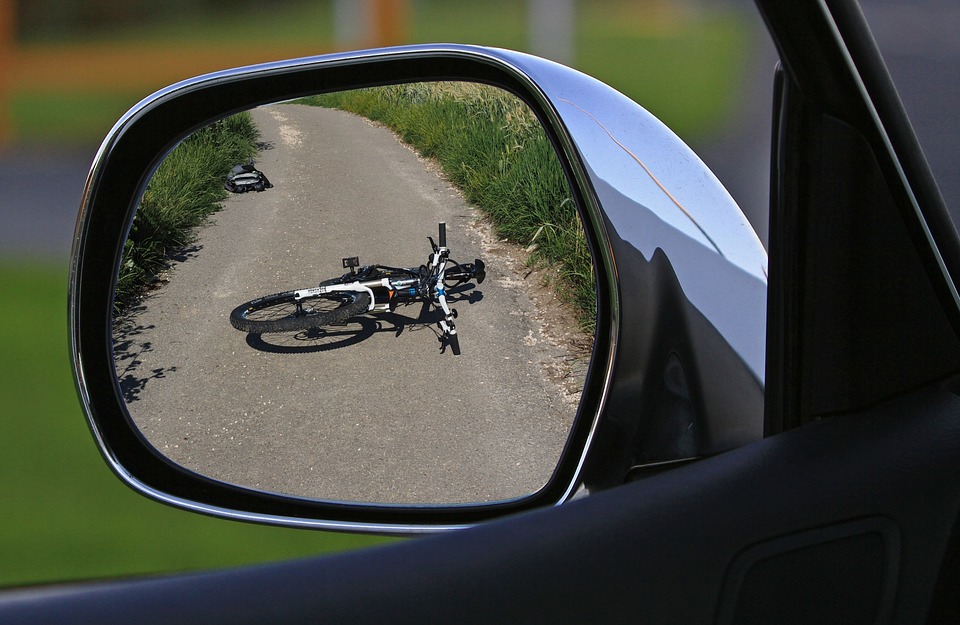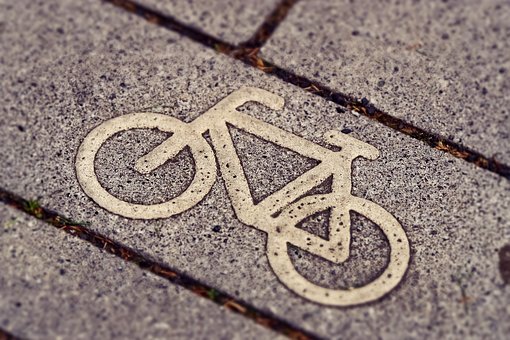
Have you suffered an injury or side effect after Dermal Fillers?
Dermal fillers are becoming increasingly popular among women and men in recent years. They are injections that are used to fill out wrinkles and creases in the skin, as well as to create a fuller appearance of lips and cheeks.
There is a wide range of filler types and brands out there, some are more suitable for certain parts of the face than others so that they provide the best results for that area. Some effects of dermal fillers can last longer than others, the materials used in the different types can last anywhere from a couple of months to permanently, depending on the type of filler.
Collagen – can last 3 – 4 months
Hyaluronic Acid – can last 4 -6 months
Calcium hydroxylapetite – can last up to 18 months
Poly-L-Lactic Acid (PLLA) – can last up to 2 years if continuously injected over a long period of time
Polymethylmethacrylate beads (PMMA) – effects can be permanent which can be extremely risky
Side Effects
As with any cosmetic procedure there are risks that come with dermal fillers, especially if the client is looking to achieve permanent or long lasting results. No matter how experienced the aesthetician is, there is no guarantee that the desired effect will be achieved.
Common side effects after having dermal fillers are swelling, slight bruising and redness of the area injected, however these should start to die down within 24 hours of the procedure.
Some of the more serious side effects of dermal fillers that can last up to a number of weeks include:
- Scarring
- Allergic Reaction
- Nerve Damage
- Lumps under the skin
- Filler moving from the intended area over time
- Blocked blood vessels
- Blurred Vision/Loss of sight
If any of these more serious side effects occur it is important to report back to the aesthetician who carried out the procedure or in more severe cases such as an allergic reaction, blurred vision or a blocked blood vessel, seek immediate medical attention!
If you have suffered from side effects or injury after a dermal filler procedure, you can make a claim for personal injury! At Gowing Law we understand how stressful these injuries and side effects can be. We have a professional and dedicated team ready to advise and support you throughout your claim.










Recent Comments